NEWLY-MINTED Finance minister Mthuli Ncube this week set sail for the United States, together with President Emmerson Mnangagwa, for the United Nations General Assembly in New York where he will engage potential funders and investors on the sidelines of the gathering, but in his race for a rescue package he faces steeplechase-like hurdles.
From New York, Ncube will come back to Harare before travelling to London for a business conference where he will use the opportunity to meet British authorities, investors and likely funders.
Ncube has one mission uppermost in his mind: to get fresh funding for Zimbabwe.
This comes as he and his fellow ministers have been given cabinet-stipulated key performance indicators contained in a confidential government document exclusively obtained by the Zimbabwe Independent this week.
Ncube has been mandated by Mnangagwa's government to come up with a repayment plan for an US$18 billion debt as well as arrears and to secure offshore lines of credit or fresh funding for the liquidity-starved economy.
He has also been tasked with ending the liquidity crunch and cash shortages which have paralysed the economy, finding a lasting monetary solution to the bond note challenge with the aim of restoring business confidence and ending speculative hoarding of cash. He also has to stop the multi-tier pricing system.
Ncube is further assigned to stabilise the country's inflation, attract foreign direct investment to ensure economic growth and job creation.
He also has to cut runaway government spending and the resultant fiscal deficit. Government ran a massive US$1,4 billion budget deficit in the half of 2018.
The minister's other tasks include improving exports to generate foreign currency and building reserves as well as incentivising producers and investors by reducing the cost of doing business.
Zimbabwe's reconstruction hope lies in getting fresh funding from international lenders, but most of them remain reluctant to resume funding in the absence of substantive political and economic reforms.
As a result, Zimbabwe, which historically relied on international institutions and traditional bilateral creditors, is now relying more heavily on non-traditional lenders - from bond investors, foreign commercial banks, commodity traders, to creditor countries outside the Paris Club.
The United States, a critical and influential shareholder in the closely-knit ecosystem of development finance institutions, has openly refused to bailout Harare.
This week Washington DC said it will not support Zimbabwe's debt clearance strategy - the Lima Plan - ahead of the IMF and World Bank Spring Meetings in Bali, Indonesia, next month.
The US holds the most voting powers by a non-regional member of the African Development Bank (AfDB) which, in turn, controls the African Development Fund.
It also has significant voting rights in the World Bank's International Finance Corporation, Multi-lateral Investment Guarantee Agency, International Bank for Reconstruction and Development and the International Development Association.
In addition, the Americans also wield a great deal of influence in the Asian Development Bank, the Inter-American Investment Corporation, the European Bank for Reconstruction and Development, and the Inter-American Development Bank.
The European Union (EU) has adopted a cautious approach and is pressing for meaningful political and economic reforms before reviewing its funding policies.
China is engaging, but has not been eager to commit more financial resources to Zimbabwe, with its officials citing Harare's failure to repay loans on time. Although Treasury officials have for some time been negotiating for funding from the Industrial and Commercial Bank of China and the Export-Import Bank of China, Beijing has been reluctant to come to Harare's rescue. Zimbabwe has arrears of about US$300 million from previous Chinese loans.
Britain says it is ready to assist Zimbabwe and has been encouraging private sector institutions to invest as well as to offer the country some lines of credit.
In May, Britain's Commonwealth Development Fund partnered Standard Chartered to advance US$100 million to Zimbabwean companies in what was the first direct commercial loan in more than two decades.
Earlier this week, Treasury announced that a London-based emerging market fund, Gemcorp Group, extended a separate US$250 million loan to Zimbabwe. Ncube said it was a show of confidence in the economy.
Zimbabwe owes the World Bank (US$1,4 billion), AfDB (US$600 million), Paris Club and several other international lenders billions. The country requires bridging finance to restructure its debts and at least US$2,5 billion in fresh funding.
US embassy spokesperson Kenneth Wetzel told the Independent this week Washington would not support Harare's arrears clearance strategy which was endorsed by other international lenders in 2015 at the IMF Spring Meetings in Lima, Peru.
The Lima Plan included a combination of using Zimbabwe's own resources, securing bridging finance with regional and international banks and bilateral loan facilities.
The strategy also involves engagement of the European Investment Bank, the Paris Club and non-Paris Club bilateral lenders such as China for debt clearance or forgiveness.
"At this time, the United States is not in a position to support new international financial institution (IFI) lending to Zimbabwe, or the use of IFI resources to clear Zimbabwe's arrears to the World Bank and African Development Bank. This policy is consistent with the restrictions in the Zimbabwe Democracy and Economic Recovery Amendment Act and in other US legislation related to the human rights environment in Zimbabwe," Wetzel said.
"We continue to review our policies as we monitor the government of Zimbabwe's progress in implementing political and economic reforms. Zimbabwe must demonstrate concrete, positive progress toward the reforms it committed to in its 2013 constitution.
"Those reforms include establishing, funding, and empowering credible, independent, constitutionally-mandated commissions focussed on free, fair, credible and peaceful elections; gender equality, national peace and reconciliation; and media freedom".
Since the Lima Plan was approved, Zimbabwe has had a difficult time trying to convince potential funders.
The country has only managed to pay off its arrears to the IMF using its allocation of Special Drawing Rights (SDR).
Thomas von Handel, the chargé d'affaires at the EU Delegation, told the Independent that Brussels was ready to support economic and political reforms by the new government, but insisted that "structural pre-requisites for budget support have not yet been met".
"As we have always emphasised, the European Union stands ready to support an inclusive approach and distinct commitment to urgently needed reforms. We welcome the government's focus on economic reforms and an improved business climate, and encourage close co-operation with the IMF, other IFIs and international partners in this process," he said.
"However, we also emphasise as equally important (the) need for full commitment to respect for the rule of law and human rights (especially from the security forces). Progress on economic and political reforms is the key factor that will allow us to review all EU policies and intensify our co-operation".
Britain has, however, been more forthcoming. Outgoing British Ambassador Catriona Laing this week assured Ncube of London's support.
"We are here to give that support to try and encourage a process back to an IMF programme, perhaps through an interim staff monitoring programme as soon as possible," Laing said.
A staff-monitored programme is an informal collaboration between the IMF and a member state on implementing agreed reforms, but which does not entail funding.
- the independent
 Zimbabwe announces strict enforcement of axle load limits
Zimbabwe announces strict enforcement of axle load limits  SA decry 'non-existent' Beitbridge border post security
SA decry 'non-existent' Beitbridge border post security  Millions celebrate Diwali festival in India
Millions celebrate Diwali festival in India  Zimbabwe's dollar stock exchange surges 45%
Zimbabwe's dollar stock exchange surges 45%  Gold edges up as traders await guidance
Gold edges up as traders await guidance  Karo Platinum Project capex rises to US$546m
Karo Platinum Project capex rises to US$546m  Young Investment Professional (YIP) Graduate Programme 2019
Young Investment Professional (YIP) Graduate Programme 2019 
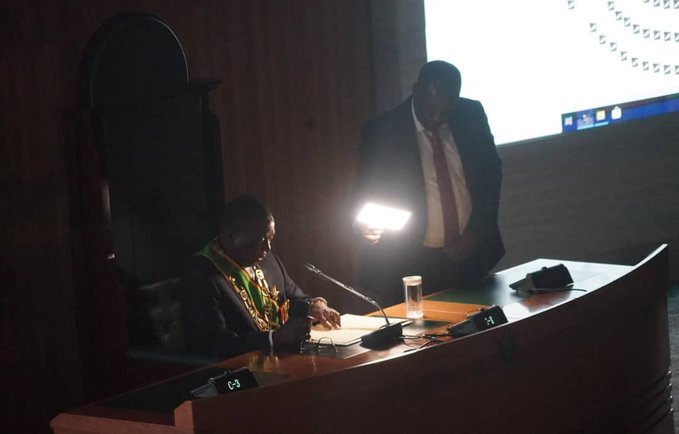
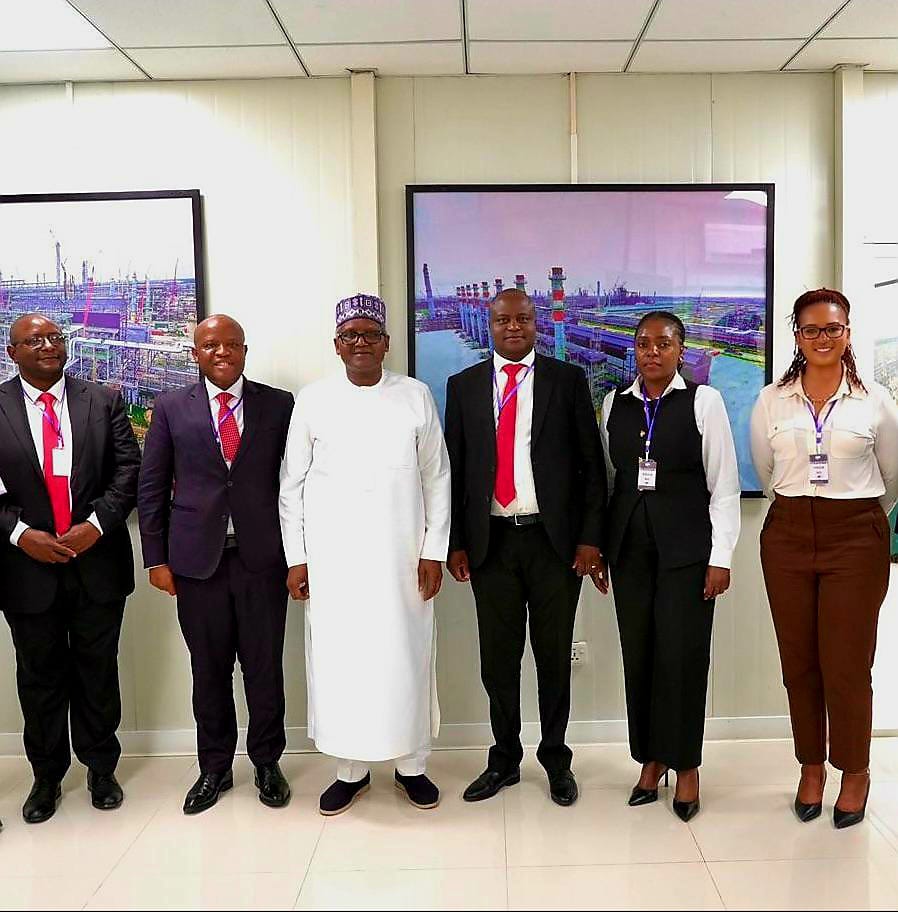
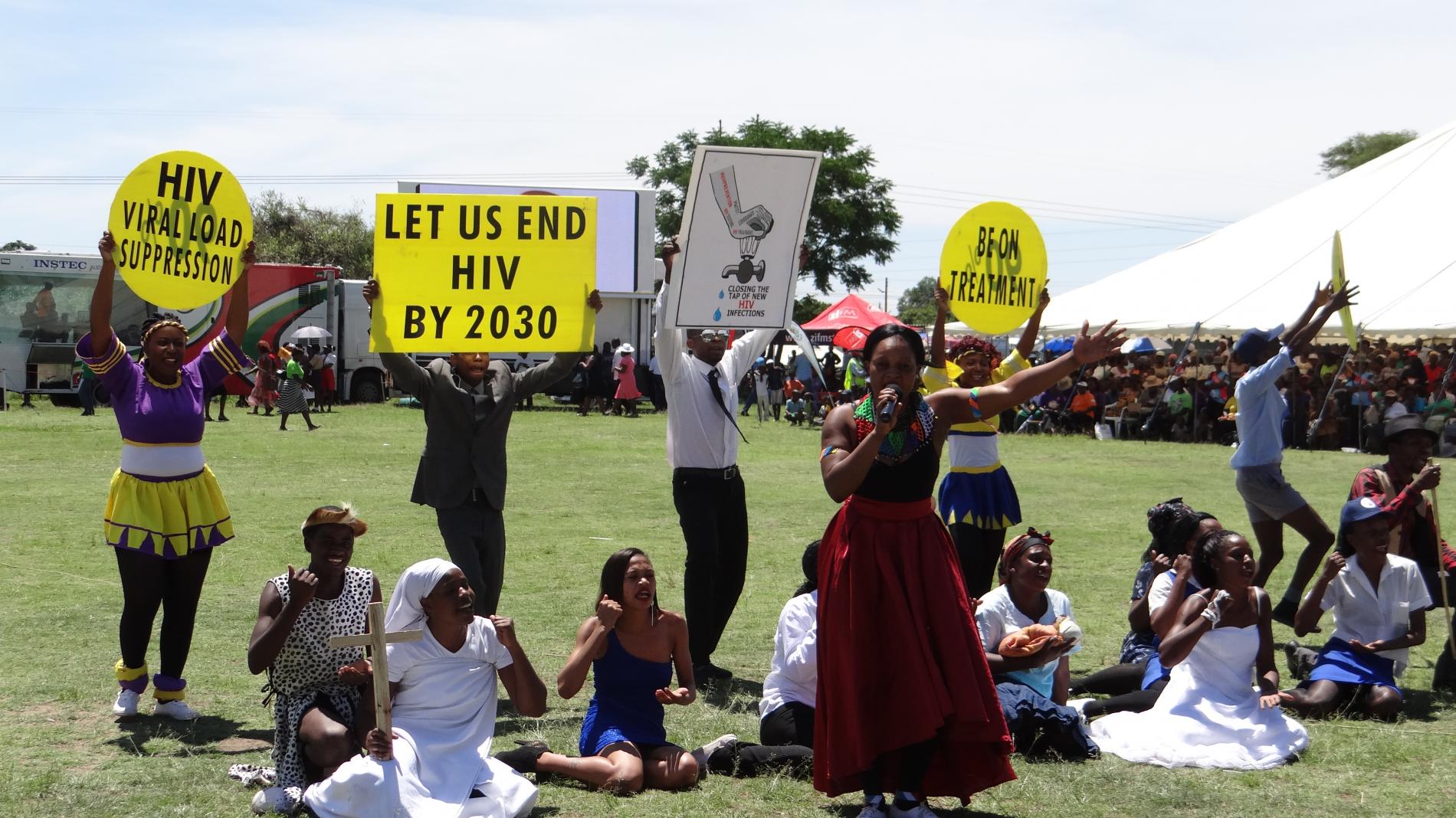



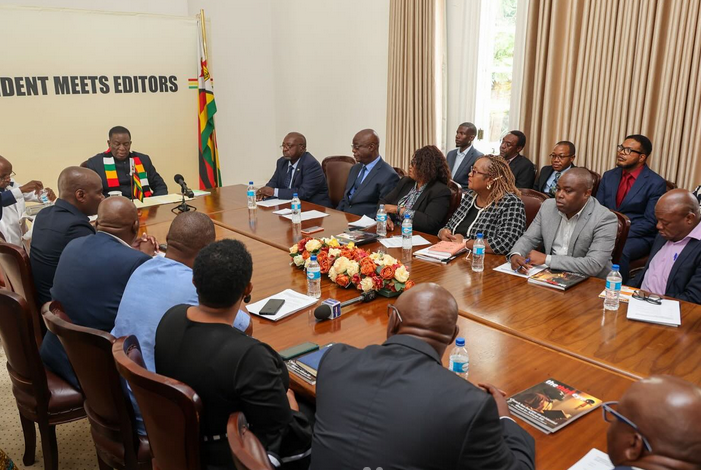
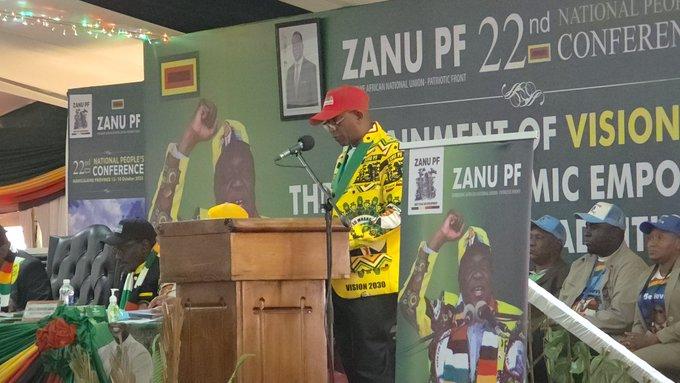

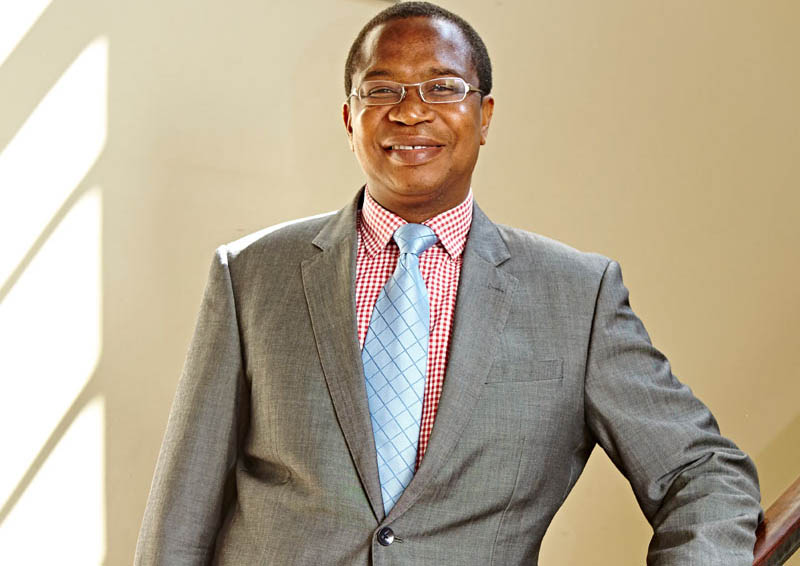
 Young Investment Professional (YIP) Graduate Programme 2019
Young Investment Professional (YIP) Graduate Programme 2019
Editor's Pick